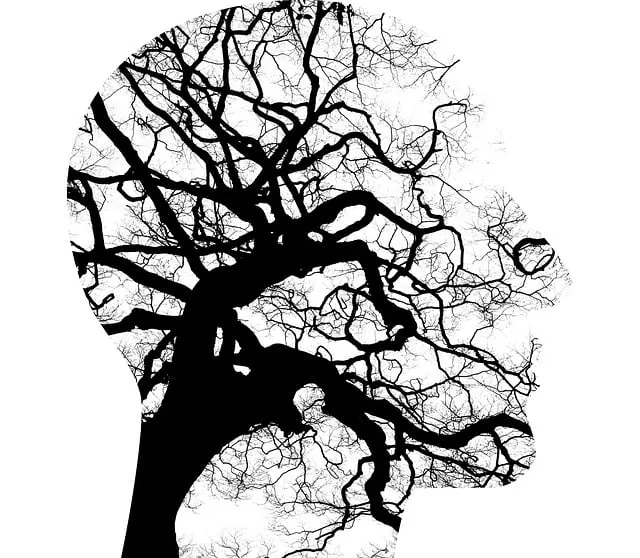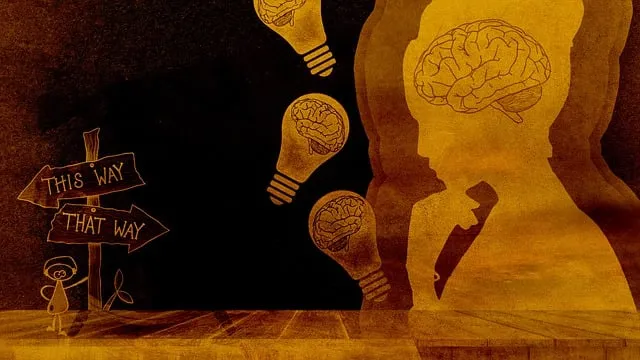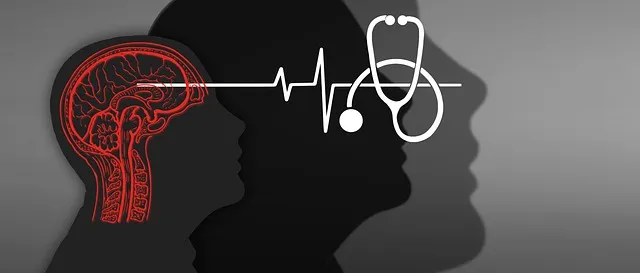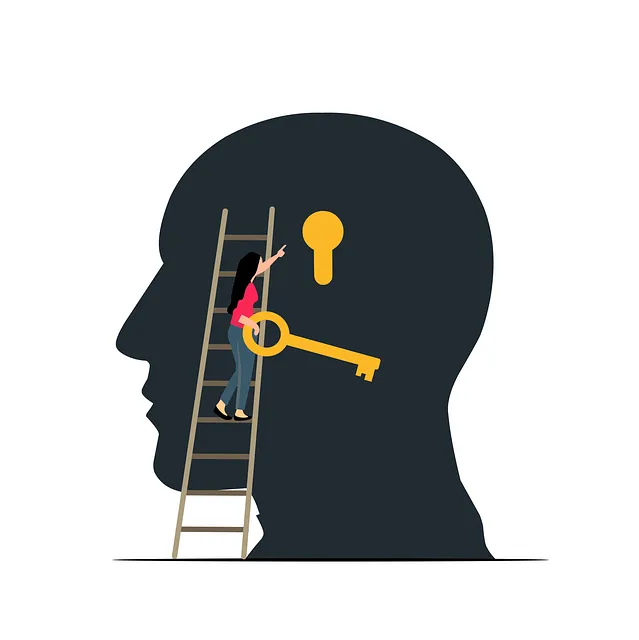The Lone Tree Kaiser Permanente Mental Health Center prioritizes accurate diagnosis and holistic care to improve patient outcomes. They combat high misdiagnosis rates (up to 20%) through advanced assessment tools, staff training, and improved communication protocols. Visiting hours are strategically designed to strengthen patient-doctor relationships and enhance diagnostic accuracy. Interactive digital platforms offer mental health education, while anxiety relief techniques and depression prevention strategies address root causes. Early intervention, continuous training, and public awareness campaigns contribute to a normalized culture around seeking help, ultimately enhancing quality of life for individuals facing mental health challenges, focusing specifically on the Lone Tree Kaiser Permanente mental health center visiting hours.
At the Lone Tree Kaiser Permanente Mental Health Center, efforts to enhance mental illness diagnosis accuracy are crucial. This article explores the challenges faced, particularly high misdiagnosis rates and their impact on patient care. We delve into innovative strategies, emphasizing a comprehensive approach that includes early intervention and continuous training. By focusing on these initiatives, the center aims to improve long-term outcomes for patients visiting during its operational hours.
- Understanding the Challenges: Misdiagnosis Rates and Their Impact at Lone Tree Kaiser Permanente Mental Health Center
- Innovative Strategies for Enhancing Diagnosis Accuracy: A Comprehensive Approach
- The Role of Early Intervention and Continuous Training in Improving Long-Term Outcomes
Understanding the Challenges: Misdiagnosis Rates and Their Impact at Lone Tree Kaiser Permanente Mental Health Center

At Lone Tree Kaiser Permanente Mental Health Center, efforts to improve diagnosis accuracy are crucial given the high misdiagnosis rates in the field. Studies show that up to 20% of patients initially receive incorrect diagnoses, leading to delayed treatment and potential exacerbation of symptoms. This issue significantly impacts the emotional well-being promotion techniques employed by the center as well as the confidence boosting and empathy building strategies used with patients.
The challenges posed by misdiagnosis are particularly pronounced in a bustling healthcare environment like Lone Tree Kaiser Permanente, where professionals must quickly assess and prioritize patient needs. However, by integrating advanced assessment tools, regular staff training, and improved communication protocols, the center aims to enhance diagnostic accuracy. These initiatives not only ensure patients receive appropriate care but also foster a more supportive atmosphere that enhances recovery journeys.
Innovative Strategies for Enhancing Diagnosis Accuracy: A Comprehensive Approach

At the Lone Tree Kaiser Permanente mental health center, visiting hours are a crucial aspect of fostering patient-doctor relationships and improving diagnosis accuracy. Beyond traditional methods, innovative strategies are being implemented to enhance diagnostic precision. This includes integrating advanced assessment tools that leverage technology for more nuanced analyses. For instance, digital platforms offering interactive Mental Health Education Programs Design can equip both patients and healthcare providers with valuable insights into symptom recognition and management.
These efforts go beyond mere diagnosis to focus on comprehensive patient care. By incorporating Anxiety Relief techniques and Depression Prevention strategies into treatment plans, the center aims to address not just symptoms but also the underlying causes of mental health issues. This holistic approach ensures that each patient receives personalized support tailored to their unique needs, ultimately leading to more accurate diagnoses and improved outcomes.
The Role of Early Intervention and Continuous Training in Improving Long-Term Outcomes

Early intervention plays a pivotal role in enhancing long-term outcomes for individuals struggling with mental illness. By implementing programs designed to identify symptoms at their inception, healthcare providers can significantly impact a patient’s trajectory. The Lone Tree Kaiser Permanente mental health center visiting hours serve as an example of accessible resources that facilitate timely interventions. Through regular check-ins and ongoing support, these centers encourage individuals to seek help early, which is crucial for managing conditions effectively.
Continuous training for healthcare professionals is another essential aspect of this equation. Mental Health Education Programs Design focused on staying abreast of the latest research and treatment modalities ensure providers are equipped to offer accurate diagnoses and tailored care plans. Public Awareness Campaigns Development targeting mental wellness can also empower individuals to recognize signs in themselves or others, fostering a culture where seeking help is normalized. This collective effort not only improves diagnosis accuracy but also paves the way for better management and ultimately, improved quality of life for those dealing with mental health challenges.
Mental illness diagnosis accuracy is a critical aspect of patient care, and efforts to improve it at institutions like the Lone Tree Kaiser Permanente Mental Health Center are commendable. By understanding the challenges, such as high misdiagnosis rates, and implementing innovative strategies that include comprehensive training and early intervention, the center can significantly enhance long-term patient outcomes. Regular visiting hours at Lone Tree Kaiser Permanente mental health center provide a consistent point of contact for patients and their support systems, fostering continuous care and recovery. These multifaceted approaches ensure a more precise and effective diagnosis process, ultimately benefiting individuals seeking mental health services.




